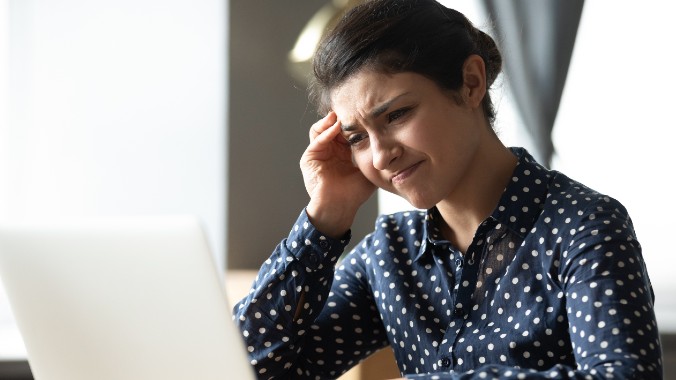We Need a Word Besides ‘Badass’ for Our Heroines
What was once patronizing and gendered is now maddeningly vague and borderline inscrutable. It’s a collection of AI-generated slay queen, #girlboss memes gathered into a single word.
Photo: Shutterstock Entertainment
I am finished with the b-word. It’s been applied to every woman who has ever been publicly competent at anything. It’s been worked to death and rendered meaningless. Everyone from Courtney Love to Martha Stewart to Rosa Parks has been described as one and, at this point, it’s so overused that to call a woman this is a form of dada performance art.
In short: We simply have to stop using the word “badass” to describe any/every woman on earth who has entered the cultural dialogue for something other than a federal crime. And, I’m not a language cop but just know that if you use “badass” and think it conveys anything at all, you simply must think again.
What was once patronizing and gendered is now maddeningly vague and borderline inscrutable. It’s a collection of AI-generated slay queen, #girlboss memes gathered into a single word. Don’t believe me? Here’s a list of women the Internet has described as “badass”:
Margaret Thatcher, Hillary Clinton, Zendaya, Moana, Ruth Bader Ginsburg, Princess Diana, Harriet Tubman, 11 from Stranger Things, Eve from the Bible, Queen Elizabeth II, Meghan Markle, Michelle, Malia AND Sasha Obama, Amelia Earhart, Malala, Neytiri (Zoe Saldana’s character from Avatar) and the mother of any baby wearing this onesie from Etsy.
I beg someone, anyone to explain to me what Harriett Tubman, the telepath child from Netflix, and biblical Eve all have in common? Yes, I know they are badasses, for the internet has told me as much. That’s about as far as we can stretch the connective tissue linking these women. A badass is a badass because a badass is a badass.
-

-

-

-

-

-

-

-

-

-

-

-

-

-

-

-

-

-

-

-

-

-

-

-

-

-

-

-

-

-

-

-

-

-

-

-

-

-

-

-








































